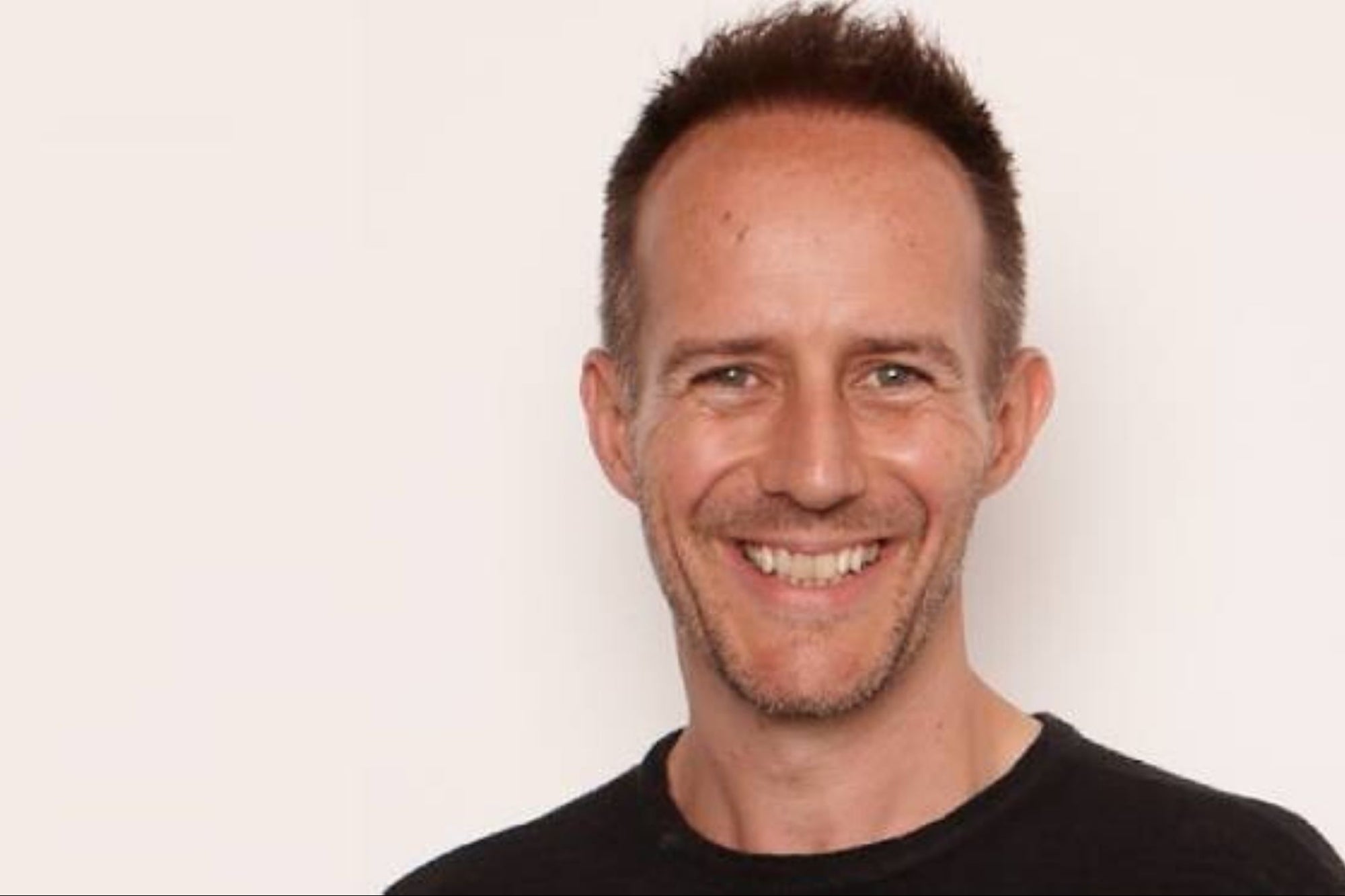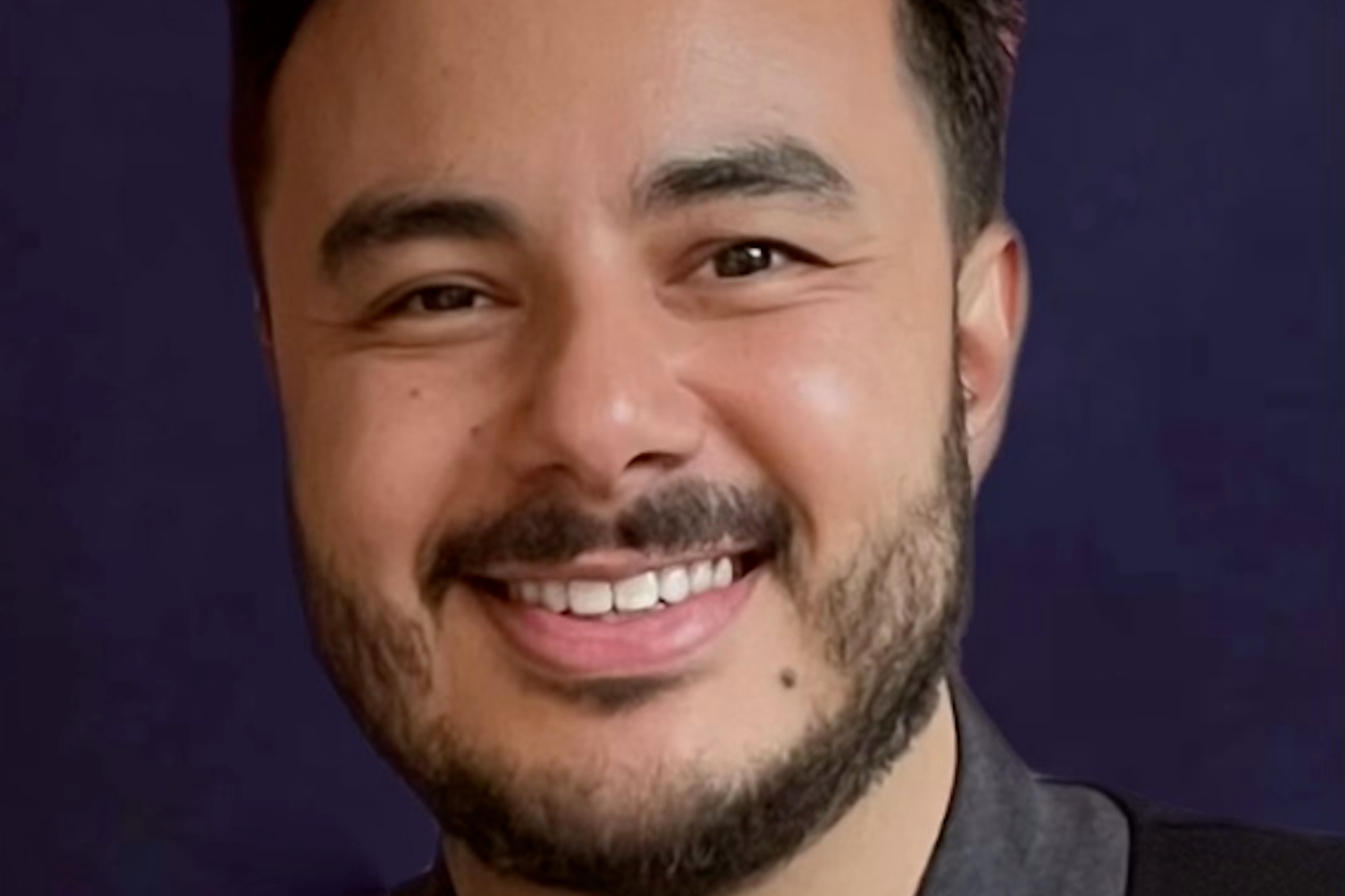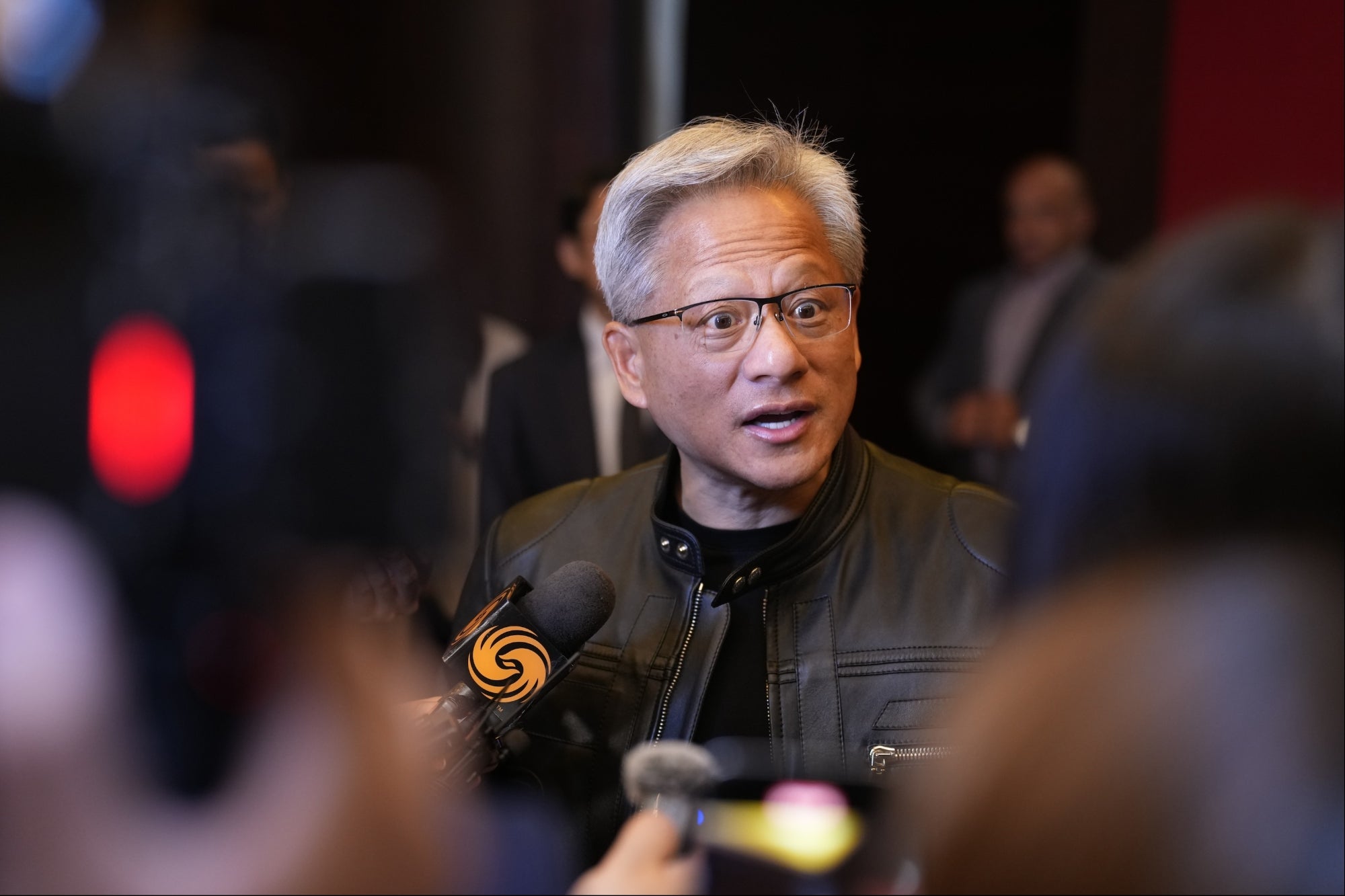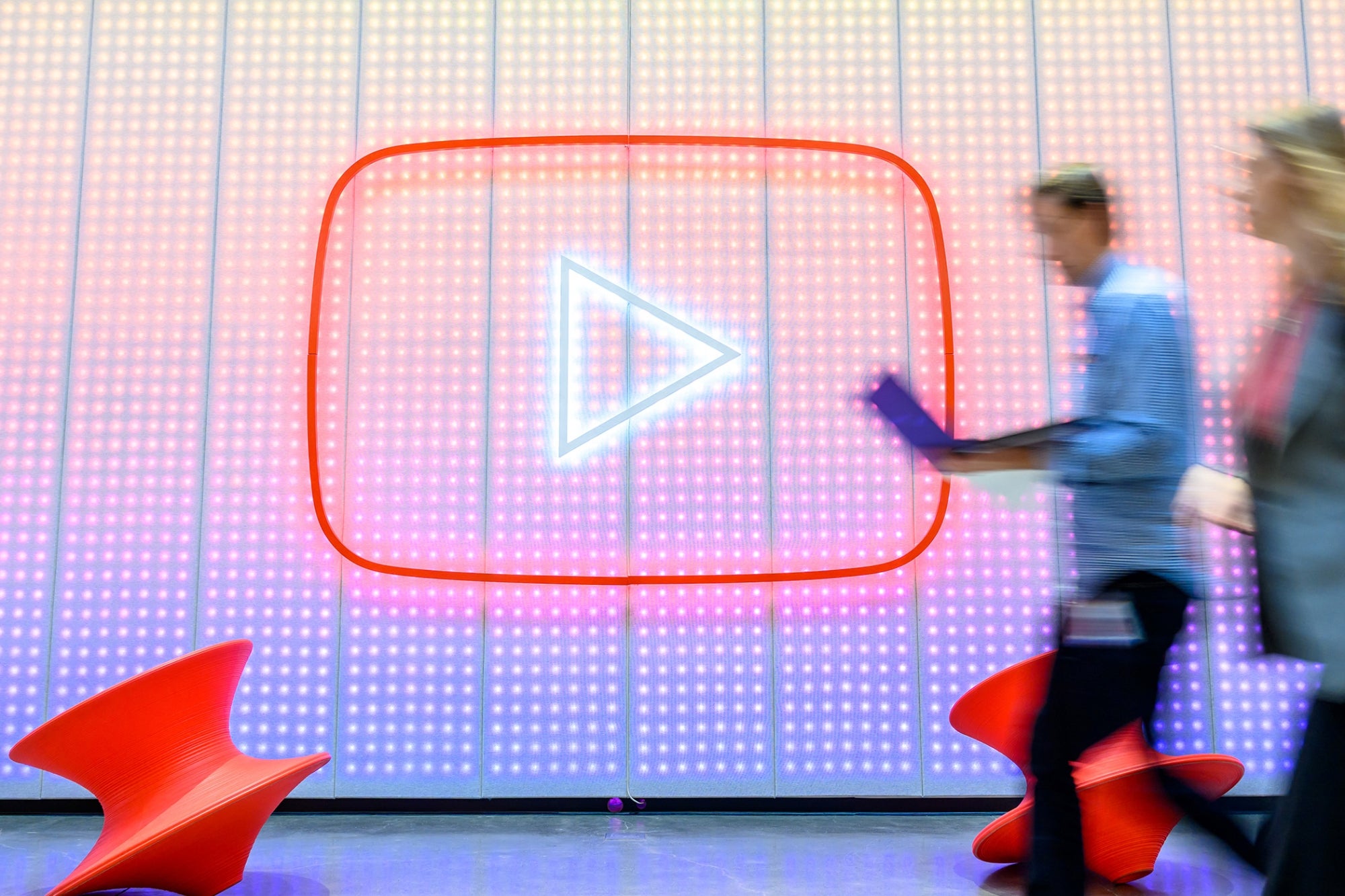From Google to Growth Entrepreneur Ben Legg on leadership, AI and agility
Opinions expressed by Entrepreneur contributors are their own.
You're reading Entrepreneur United Kingdom, an international franchise of Entrepreneur Media.

A globally respected entrepreneur speaker, Ben Legg, CEO and co founder of The Portfolio Collective, has held senior leadership roles at some of the biggest names in the industry - including Google, Coca‑Cola, and McKinsey. Today, as CEO of The Portfolio Collective and author of Marketing for CEOs: Death or Glory in the Digital Age, Ben Legg offers rare insight into reinvention, leadership, and the digital transformation of business.
In this exclusive interview with Entrepreneur UK, he shares how businesses can harness lessons from his Google experience, identifies the qualities that define successful entrepreneurs, and explains how rising trends such as AI, remote-first culture, and organisational agility are shaping the future of work.
Having held senior leadership roles at Google during a transformative period, what are the most valuable lessons businesses can draw from your experience there?
There are three things that people can learn from my time at Google. The first is how to reinvent an industry. So, we were literally bringing along digital advertising in a world that was all analogue, and had to effectively educate the entire market on: how does this new type of advertising work? What is digital? What is search? What is YouTube? The second is hyper scaling. So, how do you align a global organisation of thousands of people to basically have a consistent way of doing things that drives rapid growth in the most efficient way And the final thing is just demystifying how Silicon Valley works. For people who haven't worked in Silicon Valley, it's a scary place. Everyone thinks that, you know, "Silicon Valley could destroy my business next year. And maybe they could. But not everyone's a genius – there's just a way of working, and I can help explain it.
From your perspective, what defines a truly successful entrepreneur in today's unpredictable and fast-moving world?
There are three qualities I'll call out for a successful entrepreneur. The first is drive – and in particular, drive to change the world, or to change an industry, or to solve a problem that the entrepreneur feels just hasn't been solved well enough. Here's a problem, I'm going to solve it. I don't have enough money – I don't care. I want to change the world. I want to change an industry. I want to solve this problem that no one's done to the right level. The second is grit – the ability to overcome challenges. All entrepreneurs get punched in the face multiple times along their journey. You know, they run out of cash, they get messed around by a co-founder or a customer, they have a product that doesn't work, they have a competitor that does something really aggressive and spoils their plans. And, you know, the successful entrepreneurs get up, dust themselves off and basically get back at it. It might be back to plan A, it might be changing the plan, but ultimately, they don't get beaten down – or if they do, they get back up again. And the third is leadership – and leadership and energy. An entrepreneur needs to be able to excite people in many ways. You need to excite and attract investors. You need to excite and attract team members, who will often work long hours for low salaries because they believe in the mission. A good entrepreneur will be able to excite and attract partners and customers. There's a lot of storytelling and energy around getting people excited about the problem you're trying to solve.
As a tech entrepreneur and business advisor, what emerging trends do you believe will most significantly shape the future of work - and how should businesses prepare?
There are three big trends around the future of work. There's more, but let's start with those three. The first one is artificial intelligence. So, clearly, artificial intelligence is making people more productive, but it also means it's redesigning how people work, what people work on, what they do themselves, what they give to a bot. The second is remote-first. Clearly not everyone needs to be in an office. You can work with people who are working from home, and you can work with people who are all over the world. Every organisation needs to be able to make that work for them. The third is fluid organisational design. The world is changing much faster than it ever has before. It's also much less predictable than it ever has been before. What that means is organisations need to be much nimbler. They need to effectively be able to flex up good ideas, reduce cost fast if someone gets killed, expand sideways if an interesting opportunity comes along. What that means in practice is organisations need way fewer full-time employees – because that's just a high fixed cost with very little flexibility – and way better design around how and when do you bring in flexible talent. You know, for projects, for part-time, for experts in a specific area – so that you literally can be always thinking through: what's next? What do I scale up? What do I scale down? Sideways?
With AI and automation accelerating at pace, how do you foresee these technologies reshaping job roles and organisational structures in the years ahead?
At the heart of AI, the main thing it does is it automates routine tasks. So simplistically, if you can standardise something, there's a good chance it can be done by AI. Now that's at the heart of it – that's the tip of the spear – but what that means, that's way more interesting for me, is it redesigns jobs. It redesigns how people work. In simple terms, going forward, everyone's a leader – because in essence, the job is done by AI. So, what do you need to do in the future? What all our employees – and all of us – need to be able to do is: we need to give a really good brief to AI, to say, "This is the work that needs to happen. This is my goal. Here's what I know so far. Help me work out what's next." You then let the AI do the middle of the work – the meat of the sandwich, as it were – and then you need to be able to quality control and say: is the answer a good answer? Or do I need to do it again? Do I need to tweak the prompt? Do I need to add extra information in order to make sure the output's good? If you think about the role of a leader, you're allocating things to your team – you give a clear brief, they do the work, you do the quality control and improvement. In the future, those workers will be AI or bots, and every individual will be able to give a good brief, let the bot do the work, and then take a look at the work and challenge it, improve it.
When delivering keynote speeches, what core ideas or mindsets do you aim to leave your audiences with - particularly those navigating innovation and leadership challenges?
I hope people take away two things from my speeches. One is a better understanding of the future – how the world is evolving, where we're headed to, how Silicon Valley works, how technology works, how society will change – and not only that, but how they can make a difference in that new world. The second thing I want people to take away from my speeches is focus on themselves. How can these people shape their own career, their knowledge, their skills, their network, in order to have a successful career – and quite frankly, a successful and happy life – for the foreseeable future.













